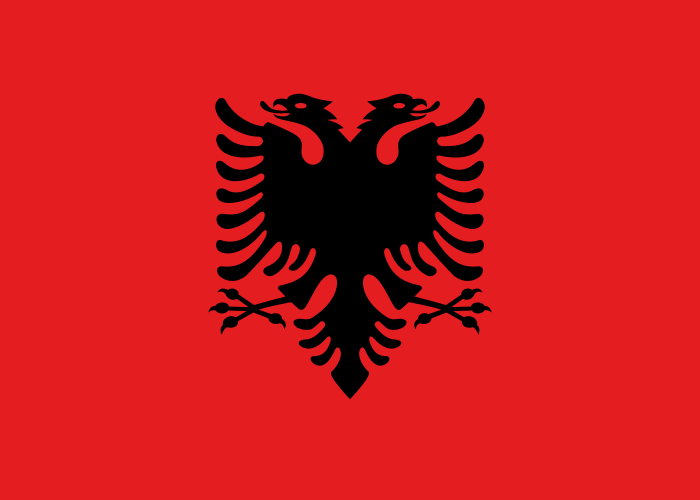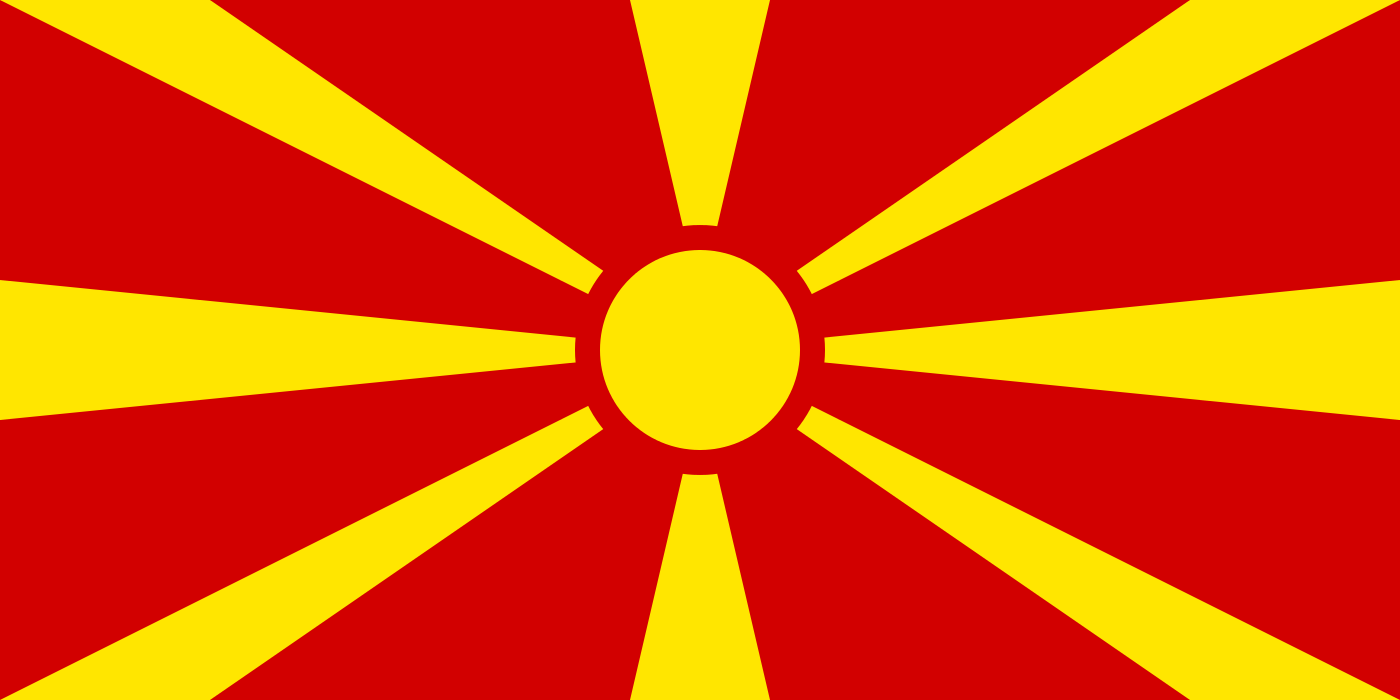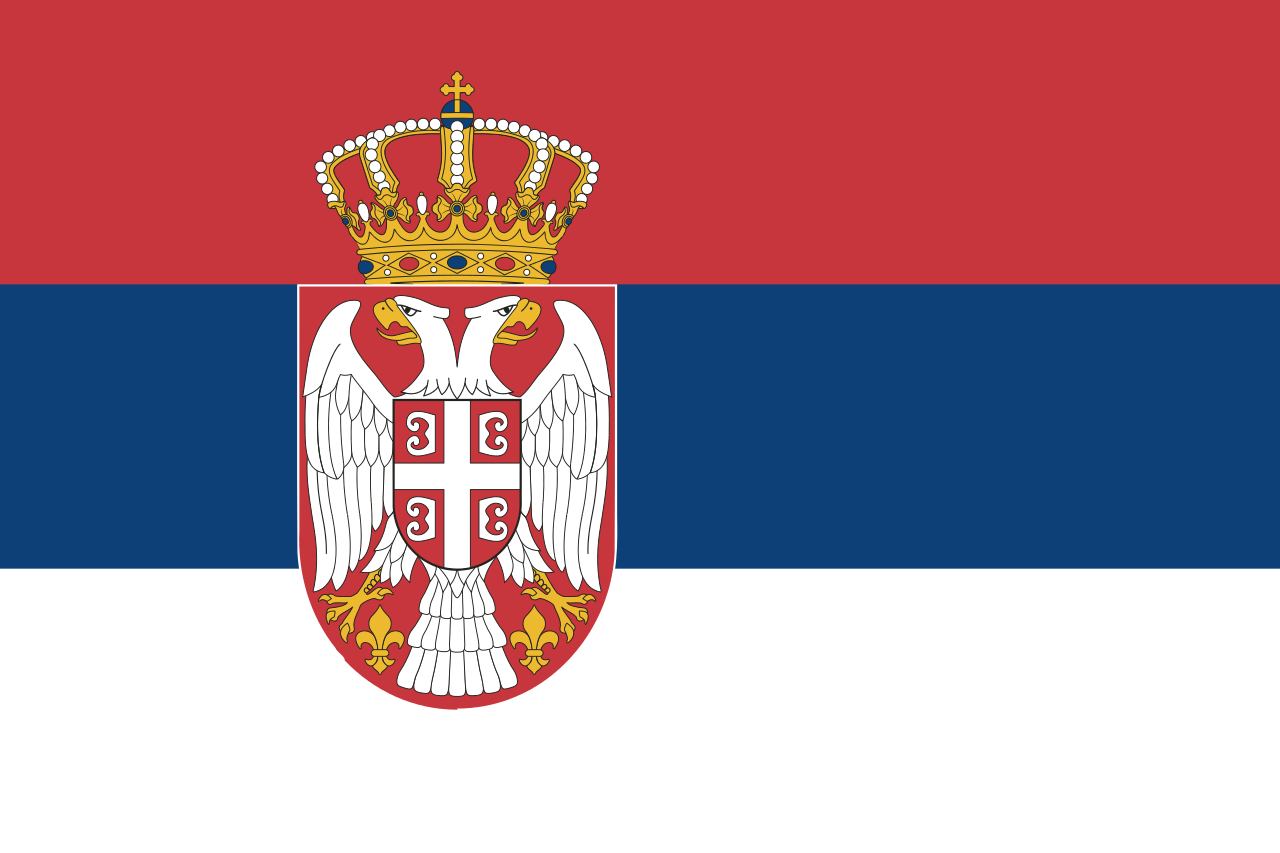Annual Implementation Report 2023: Serbia emerges as the top performer, Ukraine and Moldova make strides in reforms
Ahead of the Ministerial Council on 14 December, the Secretariat today released its Annual Implementation Report which tracks the Contracting Parties’ performance in implementing the Energy Community acquis in the period between November 2022 through October 2023.
In this year’s report, Serbia emerged as the top performer, followed by Montenegro and Ukraine. With the revised Energy Law, Serbia made headway by creating the basis for the compliant unbundling of the electricity and gas transmission system operators. It also accounts for the biggest mover in the area of decarbonisation during the reporting period. As the champion of several past assessments, Montenegro made modest progress but maintained its position in the upper tier.
In the most difficult circumstances, Ukraine and Moldova have advanced their impressive track-record on electricity and gas market reforms. Ukraine certified the gas storage system operator in line with the Energy Community gas regulation and adopted a set of secondary legislation acts enabling REMIT implementation. The certification of the electricity transmission system operator constitutes Moldova's key implementation highlight in 2023. For all Contracting Parties, the expectations to catch up during 2024 are high.
2023 Implementation Performance
* Due to the lack of a gas market, implementation of the gas acquis is not taken into account in the overall score of Kosovo* and Montenegro.
source: compiled by the Energy Community Secretariat
“On the journey towards the largest expansion the EU’s power markets and systems has seen to date – the integration of the Energy Community Contracting Parties – advancing domestic reforms is no longer a goal in itself, but a prerequisite for the success of this historic project offering significant welfare gains for all sides. This reciprocal approach will result in the full accession of Contracting Parties to the European energy systems as equals, fostering both equality and resilience, and collectively achieving all of the Energy Community's objectives” said Director Artur Lorkowski.
“Integrating with the European Union necessarily means endorsing the European Green Deal. And in fact, the transformation has gained ground in the Contracting Parties. We see reforms being rewarded by investments in renewable energy and energy efficiency. To complete the incorporation of the Green Deal’s regulatory toolbox, including the lack of carbon prices exposed by CBAM and compliance with the environmental standards, remains in the focus of our work. The targeted matching with financial resources ensuring the implementation of ambitious energy and climate plans will have to follow” adds Deputy Director Dirk Buschle.
To reflect better the shift to the Clean Energy Package and the Community’s increasing focus on decarbonisation efforts aside markets and integration, security of supply and the quality of the institutional framework, the 2023 report adjusted the structure without compromising on its true and fair view based on Contracting Parties’ achievements and a clear methodology.
Weighting per cluster
During the reporting period, no Contracting Party was able to improve its overall implementation score. Among other factors, the relative changes in the Contracting Parties’ implementation performance compared to last year can be attributed to the entry into force of parts of the Clean Energy Package at the end of 2022. The upcoming challenge of transposing and implementing the Electricity Integration Package, due by the end of 2023, is not yet reflected in the weighting.
Visit the IR2023 report-page to learn more. For specific Contracting Party performance information, please resort to the country pages.










